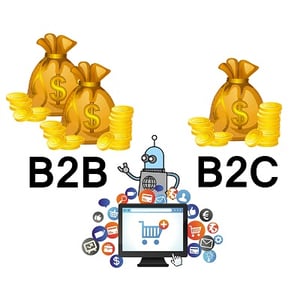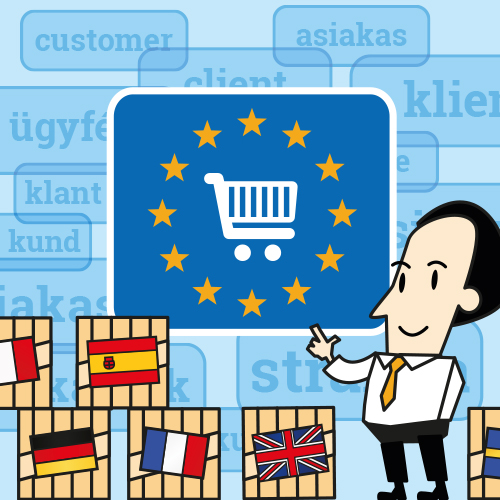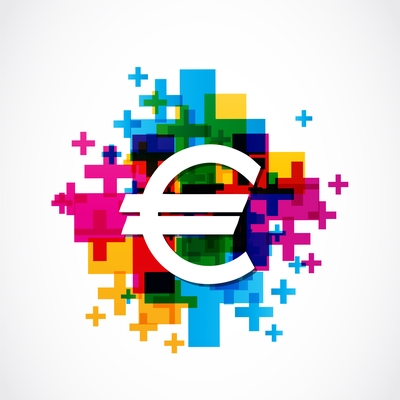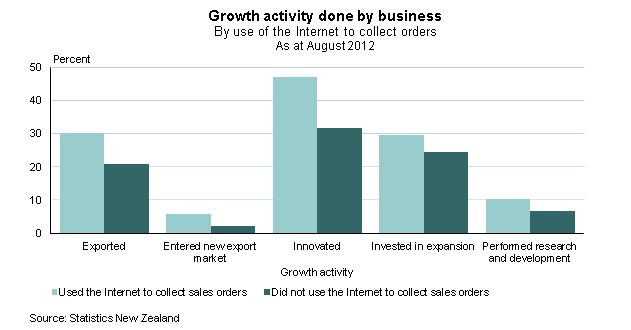 Most people assume that B2C ecommerce is the “big brother” and B2B is trailing way behind, but it is time to think again. Research from Forrester shows that, in the US, B2B ecommerce is now twice the size of B2C ecommerce and predicts that B2B ecommerce sales in the US will reach $780 billion by the end of 2015. That represents 9.3% of all B2B sales!
Most people assume that B2C ecommerce is the “big brother” and B2B is trailing way behind, but it is time to think again. Research from Forrester shows that, in the US, B2B ecommerce is now twice the size of B2C ecommerce and predicts that B2B ecommerce sales in the US will reach $780 billion by the end of 2015. That represents 9.3% of all B2B sales!
Equivalent European B2B figures are not available (let me know if you can find some!) but European ecommerce market as a whole is dominated by the big three (UK, Germany and France) which together are responsible for 81.3% of European ecommerce sales. This is predicted to reach $236 billion in 2015 with an average rate of growth of 25.2% for the big three.



